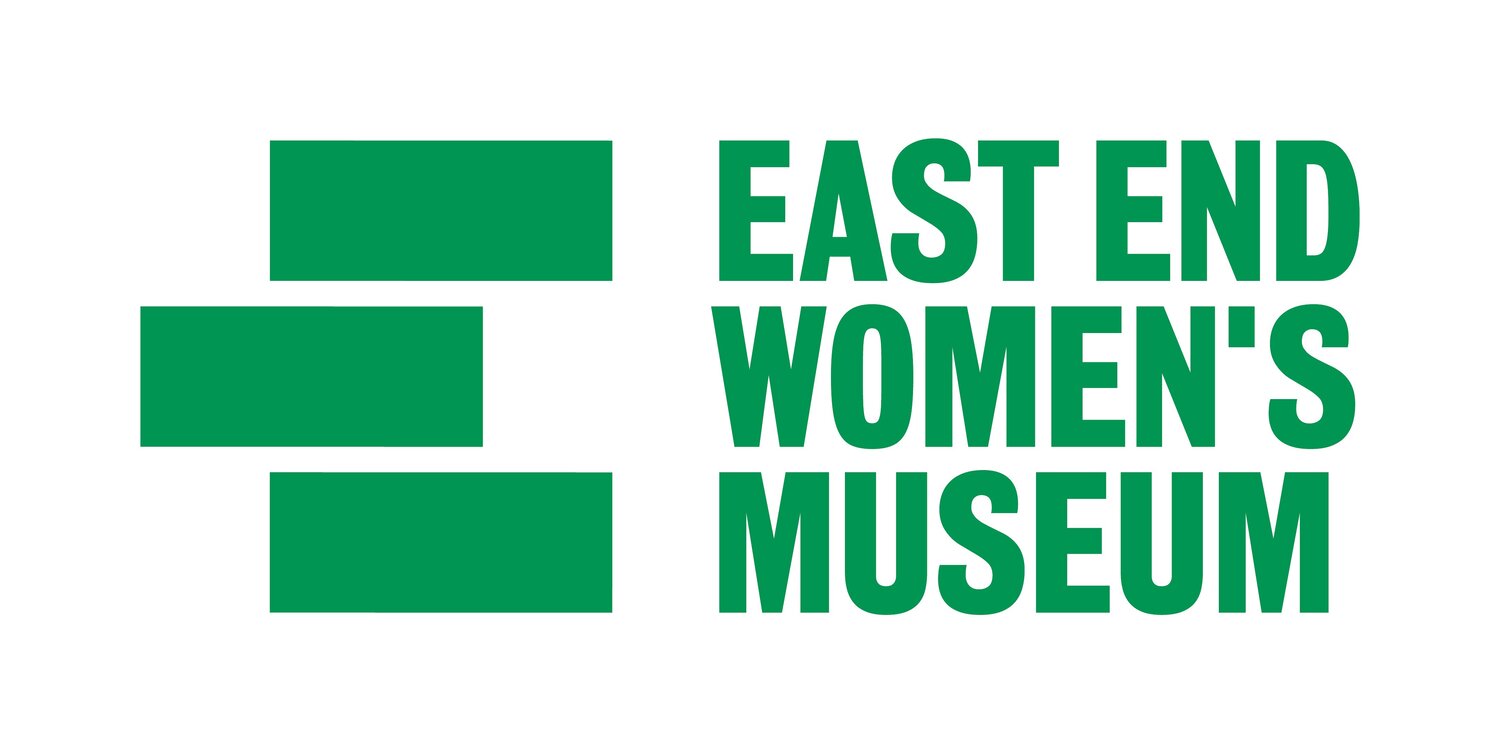I recently visited the Royal London Hospital Museum in Whitechapel for the first time. It's small but well worth a visit, and it's free.
The museum contains a lot of interesting artefacts relating to the hospital and the wider story of public health in the East End.
As any fan of Call the Midwife will know, this is a story in which women have played a critical role - from the more well-known London Hospital alumnae Edith Cavell and Eva Luckes to the countless unknown nurses, midwives, and doctors who treated and cared for local patients.
The museum contains displays about Cavell and Luckes among others. One story which particularly intrigued me was that of Annie Brewster, one of the earliest identified nurses of African descent working in London. Here's what the exhibition panel says about her:
Annie Brewster, known as 'Nurse Ophthalmic', worked at the London Hospital from 1881 to 1902. She entered The London Hospital as a probationer nurse in 1881 and was appointed to the nursing staff in 1884. She worked on female medical wards before being promoted to nurse in charge of the Ophthalmic ward in 1888.
Matron Eva Luckes remarked that Annie became very skilled in treating patients with eye conditions. According to the Matron's report in the register of sisters and nurses she was known for her 'quick intelligence and kindness to old people' whom she treated.
She was one of the first Afro-Caribbean nurses to have been identified as working in Britain during this period. Her father, Phardour Chaderon Brewster, was born in Barbados in c.1836 and is listed in various Censuses as a 'merchant'. Her mother and sister were born on the island of St Vincent in the West Indies.
Annie died due to poor health in 1902, aged 43, in Mayer Ward at the London Hospital and was buried in Ilford cemetery.
If anyone has any further information about Annie we would love to know more about her! Hopefully we'll have a chance to explore the hospital's archives ourselves at some point.
I was also impressed that although the Royal London Hospital Museum has a few objects relating to the 1888 Whitechapel Murders, it seems to have resisted ghoulish Ripper tourism.


